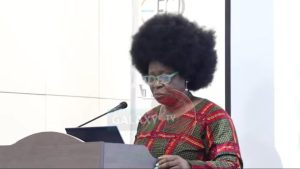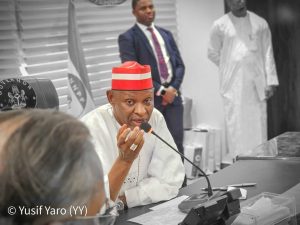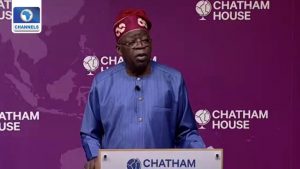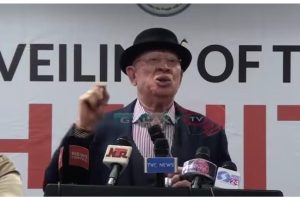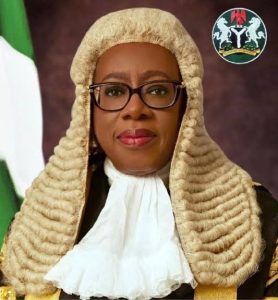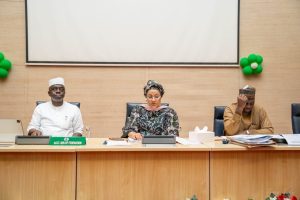By Damilare Adeleye
The federal government has affirmed that there is no age restriction for sitting for the National Examination Council (NECO) and West African Examination Council (WAEC) examinations.
Debunking recent reports suggesting a minimum age of 18 years, the government explained that it only restricted the age for sitting for the Unified Tertiary Matriculation Examination (UTME) and entry into the university to 18 years beginning from 2025.
Minister of State for Education, Dr. Tanko Sununu, gave the clarification in Abuja on Friday while briefing journalists on activities to herald the 2024 World Literacy Day with the theme: “Promoting Multilingual Education: Literacy for Mutual Understanding and Peace.”
He said, “As regards this matter, we have made ourselves clear in different fora. But the issue kept recurring here and there. Actually, nobody among the two of us, the Minister of Education, Prof. Tahir Mamman, nor the Minister of State, stated anything about the age limit for WAEC, NECO or NABTEB.
“People just pick up some remarks the Minister made, misinterpreted the statements to imply that age restriction has been placed for WAEC and NECO examinations.
“What we have been mentioning in the past was the entry age for University, candidates sitting for the UTME. We have made this clear several times, and this is in line with the National Policy on Education.
“The document stated that a child is expected to enter Primary School at six years, and he’s expected to spend six years in that school making it 12 years, three years each in junior and senior secondary schools, making it 18 years. That’s what is contained in the National Policy on Education document.
“This is directly or otherwise related to the theme of this year’s World Literacy Day. The Policy further stated that a child should learn in the language of the immediate environment or mother tongue up till primary three before English language could be introduced in subsequent years. That has facilitated learning at that level because you can easily communicate,” added.
On the Literacy Day, he said theme is also apt as it adequately re-emphasised the use of a learner’s mother tongue or their home language as the language of instruction.
Also speaking, the Executive Secretary, National Commission for Mass Literacy, Adult and Non-Formal Education, Prof. Akpama Iboro, said the commemorative event resonates deeply with the values and goals of the Commission.
“Literacy in a multilingual world transcends the ability to read and write in a single language; it encompasses the rich tapestry of cultural diversity and linguistic heritage that characterizes our nation and the world at large and reminds us that every language is a vessel of culture, knowledge, and wisdom,” Prof Iboro said.







